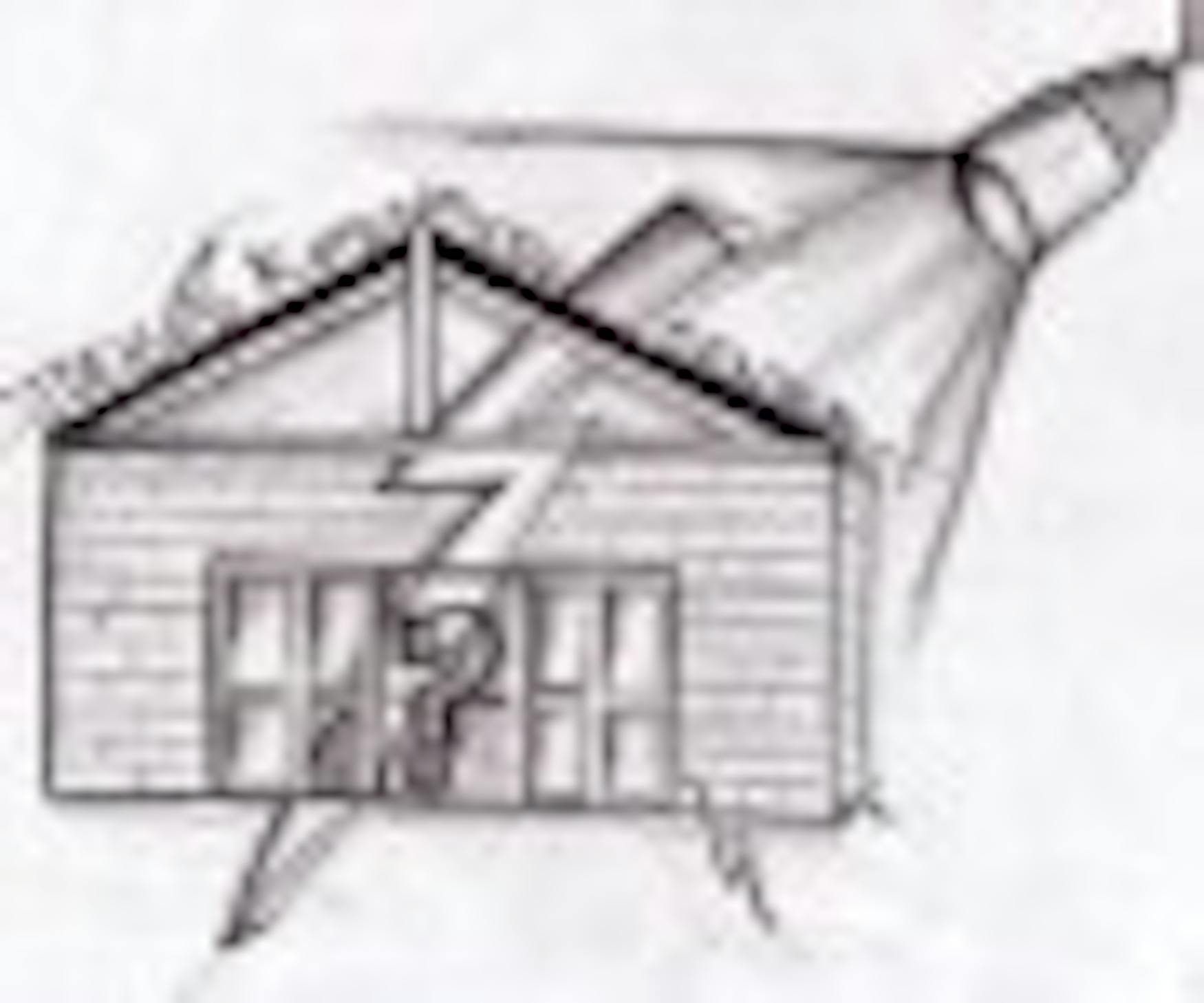OP-ED: Center's treatment saves lives of youth
Some special needs children and adolescents have behaviors that are so self-abusive, aggressive or destructive as to be life-threatening. Consider only one category, self-abuse. Children referred to the Judge Rotenberg Center have displayed behaviors including but not limited to: banging their heads to the point of brain damage; biting off their fingertips; starvation through refusal of food; biting holes through their cheeks; biting off part of their own tongues; cutting off their own earlobes with scissors; swallowing X-acto knives; and cutting their skin so often that the skin becomes too tough to suture.Children with such behaviors are referred to nonpublic schools that often fail to treat them effectively, and eventually expel them. They are then sometimes referred for effective treatment to JRC, which has a wider range of behavioral treatment procedures than is available elsewhere.
The JRC has a unique near-zero rejection, near-zero expulsion policy, accepting students who have been rejected and expelled from other programs. The JRC's treatment, based on modern behavioral psychology, owes much to the work of psychologist B.F. Skinner, under whom I studied, and can be described as follows:
1. Under the guidance of a psychiatrist, we remove or minimize the use of psychotropic medication. JRC students have sometimes been so heavily drugged at their previous schools that they sleep most of the day, fall face-first into their food, cannot even recognize their own parents or go into a drug-induced coma. The effectiveness of such drugs is so lacking in proof and fraught with peril that the Federal Drug Administration has not approved most of them for use with children.
2. The JRC substitutes, in place of such drugs, a unique and comprehensive system of rewards-for example, an arcade-type reward room, a store where students can purchase items with the money or tokens they earn for displaying desired behaviors, a reward corner inside many classrooms, a reward afternoon with a barbecue once per week, etc.
3. JRC teaches new skills to replace the problem behaviors, making use of computerized self-instructional software that students access with their own computers.
4. The JRC tries these powerful rewards and educational procedures for an average of 11 months. For about half of our school-age students, they suffice. For the other half, we offer the parents the opportunity to supplement the rewards and educational procedures with aversives (punishments). If the parent and a probate court judge-in an individualized "substituted judgment" proceeding-approve of this plan, an aversive, in the form of a brief, two-second skin shock typically applied to the surface of an arm or leg, is added to the student's treatment and applied after each problem behavior. The procedure feels like a hard pinch and-unlike the drugs that it replaces-has no negative side effects.
The skin-shock procedure must also be pre-approved, on an individual basis, by the child's school system, the parent, a physician, a psychiatrist, a human rights committee and a peer review committee. Currently, only 43 percent of JRC's school-age students receive the combined reward and skin shock therapy; even in these cases, it is used less than once per week in the average case. In many cases students progress so well that the aversives can eventually be removed, and the students can return to their school system and family.
Every surgical, dental or medical treatment involves discomfort, risks or costs on the one hand and expected benefits on the other. A reasonable approach is to weigh the former against the latter in deciding whether to undergo or approve the treatment. Opponents of aversives are unwilling to weigh risks and benefits, preferring to simply declare that the use of skin-shock is "wrong" and to try to prevent any special-needs children from availing themselves of this therapy.
Without aversive therapy, many JRC students would otherwise be drugged with life-shortening medications, warehoused in institutions or jails, confined and restrained in padded isolation rooms, bounced in and out of psychiatric hospitals, left to kill or maim themselves or others or end up homeless. With aversives however, many are able to obtain an education for the first time in their lives, reunite successfully with their families, and have hope and optimism for their future where none had previously existed.
We invite readers, including those who have formed an anti-JRC club to visit the JRC and see that we offer a life-saving treatment that deserves to be protected.
The writer is the director and founder of the Judge Rotenberg Center in Canton, Mass.
For more information, see http://www.judgerc.org/introtojrc.html For a complete response to the biased and one-sided Mother Jones article on JRC, see http://www.judgerc.org/ResponsetoGonnermanArticle.pdf. For the parents' perspective, see http://www.judgerc.org/parentletters.html.




Please note All comments are eligible for publication in The Justice.